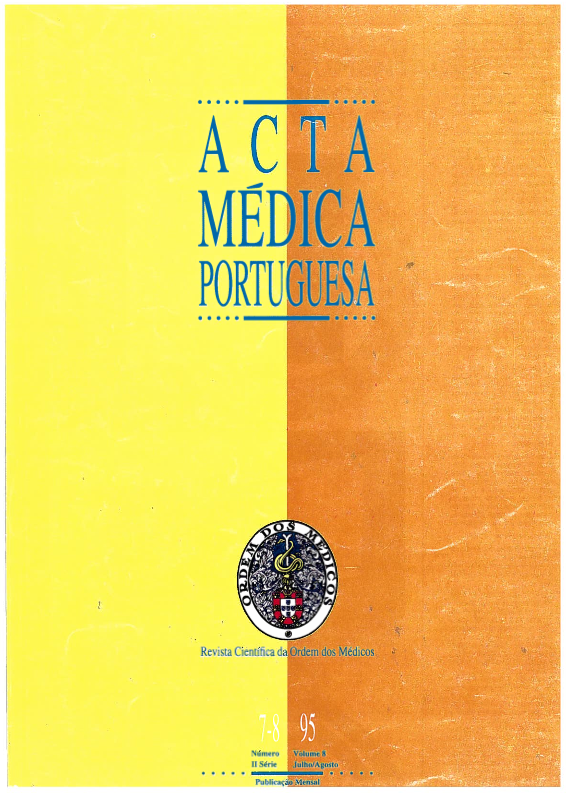Applications of problem-based learning in the basic medical curriculum.
DOI:
https://doi.org/10.20344/amp.2721Abstract
This article describes a project, which took place between 1992 and 1994, on the application of problem-based learning to three disciplines of the basic medical curriculum: Biochemistry (1st year) Physiology (2nd year) and physiopathology (3rd year). The main objectives of the project were to bring teaching closer to the future professional reality, to stimulate critical thinking and to facilitate independent learning. Despite differences in content and in teaching materials, the trigger event for learning was information given within a clinical context which was further analyzed in small-group tutorial sessions. The project also included the training of the tutors and the development of audiovisual materials. Although no statistically significant differences were found in the final scores between students taught during this period and before, the first group reported a considerable increase in the motivation to learn which, in the case of Biochemistry, was important to change the passive attitude of most students on entering university. The project also helped to create the appropriate atmosphere for the establishment of an office for medical education in the medical school to support other innovations in the field. With this project we wished to contribute, with a concrete experience, to the reform of medical education in Portugal, by demonstrating that problem-based learning can be used in single disciplines without major changes in the basic curriculum.Downloads
Downloads
How to Cite
Issue
Section
License
All the articles published in the AMP are open access and comply with the requirements of funding agencies or academic institutions. The AMP is governed by the terms of the Creative Commons ‘Attribution – Non-Commercial Use - (CC-BY-NC)’ license, regarding the use by third parties.
It is the author’s responsibility to obtain approval for the reproduction of figures, tables, etc. from other publications.
Upon acceptance of an article for publication, the authors will be asked to complete the ICMJE “Copyright Liability and Copyright Sharing Statement “(http://www.actamedicaportuguesa.com/info/AMP-NormasPublicacao.pdf) and the “Declaration of Potential Conflicts of Interest” (http:// www.icmje.org/conflicts-of-interest). An e-mail will be sent to the corresponding author to acknowledge receipt of the manuscript.
After publication, the authors are authorised to make their articles available in repositories of their institutions of origin, as long as they always mention where they were published and according to the Creative Commons license.









